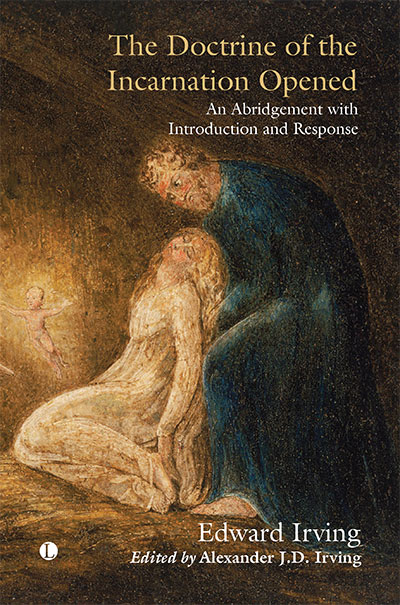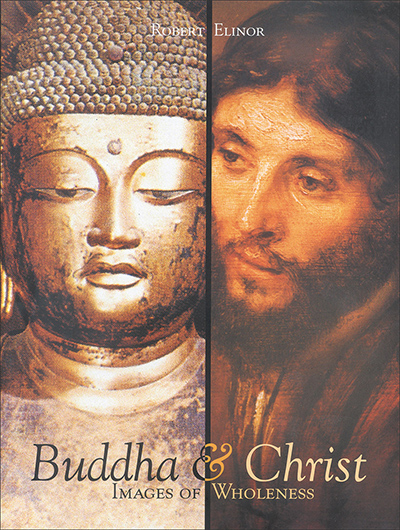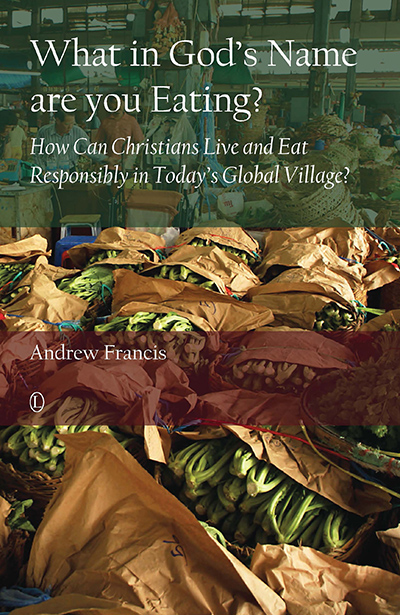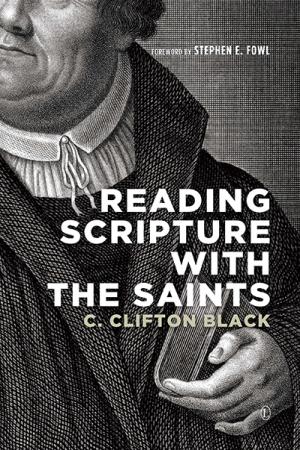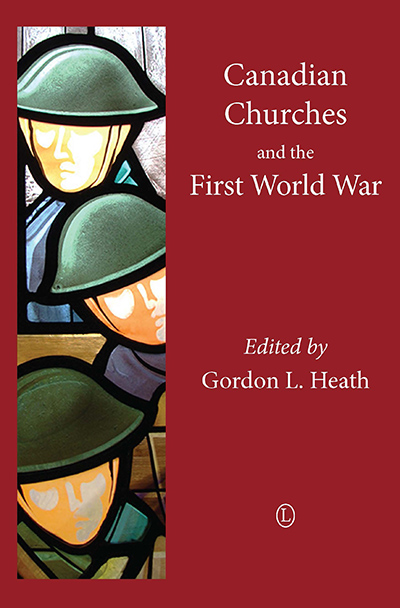Description
In The Doctrine of the Incarnation Opened, an abridgement of Edward Irving’s (1792-1834) sermons, readers have fresh access to and insightful comment on Irving’s distinctive views regarding the person of Jesus Christ. The book follows the sermons in a logical progression: the goal and method of the incarnation, the events of the incarnate life and the death of Christ, and the effects of the incarnation. For Irving, God the Son’s assumption of a fallen human nature was of the upmost importance, and garnered most attention. This view also dominates Irving’s soteriology, according to which the incarnate Son takes over the human will, reforming the very origin of sin, and offers obedience to the Father as a sacrifice of praise.
Irving’s radical Christological thought informed the thinking of notable theologians such as John McLeod Campbell, Thomas F. Torrance, and Karl Barth. With an introduction by G. McFarlane and a critical response by J.D. Cameron, The Doctrine of the Incarnation Opened provides an accessible format to engage with Irving’s influential thoughts and ideas.
About the Author
Edward Irving (1792-1834) was an influential and significant Scottish clergyman based in London. His teachings formed the basis of the religious movement known as Irvingism.
Alexander J. D. Irving is a Theology Lecturer and Tutor at St Mellitus College, London.
Contents
Contributors
Editor’s Preface
Introduction
Author’s Preface
Dedicatory Epistle
1. The Origin of the Incarnation
Introduction to the Text
Text
2. The End of the Mystery of the Incarnation Is the Glory of God
Introduction to the Text
Text
3. The Method Is by Taking up the Fallen Humanity
Introduction to the Text
Text
Part 1: The Composition of the Person of Christ
Part 2: Universal Reconciliation and Particular Election
Part 3: The Removal of the Law
Part 4: Conclusions
4. The Preparation For, and Act of, the Incarnation
Introduction to the Text
Text
5. Synopsis of “The Fruits of the Incarnation”
6. Conclusions Concerning Divine Being and Created Being
The Fallen Humanity of Christ and the Work of the Spirit in the Thought of Edward Irving – Daniel Jordan Cameron
Recommended Resources
Endorsements and Reviews
This outstanding book on the radical theology of Edward Irving is based on his handwritten sermons on the incarnation. For those people who have neglected or forgotten Irving, the collection of sermons is augmented by an excellent introduction to his life and work by Graham McFarland and a response to Irving’s view of the sinfulness of Christ’s human nature by Daniel Cameron These two chapters act as essential book ends to Irving’s sermons. Andrew Walker, Emeritus professor, King’s College, London, and writer for The Angel of Regent Square, a dramatized documentary of Edward Irving for BBC radio
Edward Irving’s idea of redemption as centered on the training of the human will of Christ by the Spirit in the incarnation has usually offended his critics. So perhaps understandably and helpfully, the sermons – which read like theological treatises with a blessed rage for pulpit clarity – are sandwiched by the largely ‘pro’ accounts by the doyen of Irving studies, Graham Macfarlane (he highlights Irving as a Trinitarian, inspired by Hooker and Owen) and by Daniel Cameron. Even if one is not completely convinced, the combination of the great man’s pulpit eloquence and these explanatory apologies, which has seen the light of a new day through a pleasing team effort, deserves to be savored and appreciated. Mark W. Elliott, professor, Universities of Glasgow and Toronto
Did Christ become incarnate in a fallen human nature? This helpful abridgement of Edward Irving’s sermons on the incarnation, along with orienting introductions and a response essay, opens the door to his deeply theological and practical reasons for answering ‘Yes.’ Take it and read, and judge his arguments for yourself! Jerome Van Kuiken, professor, Oklahoma Wesleyan University

